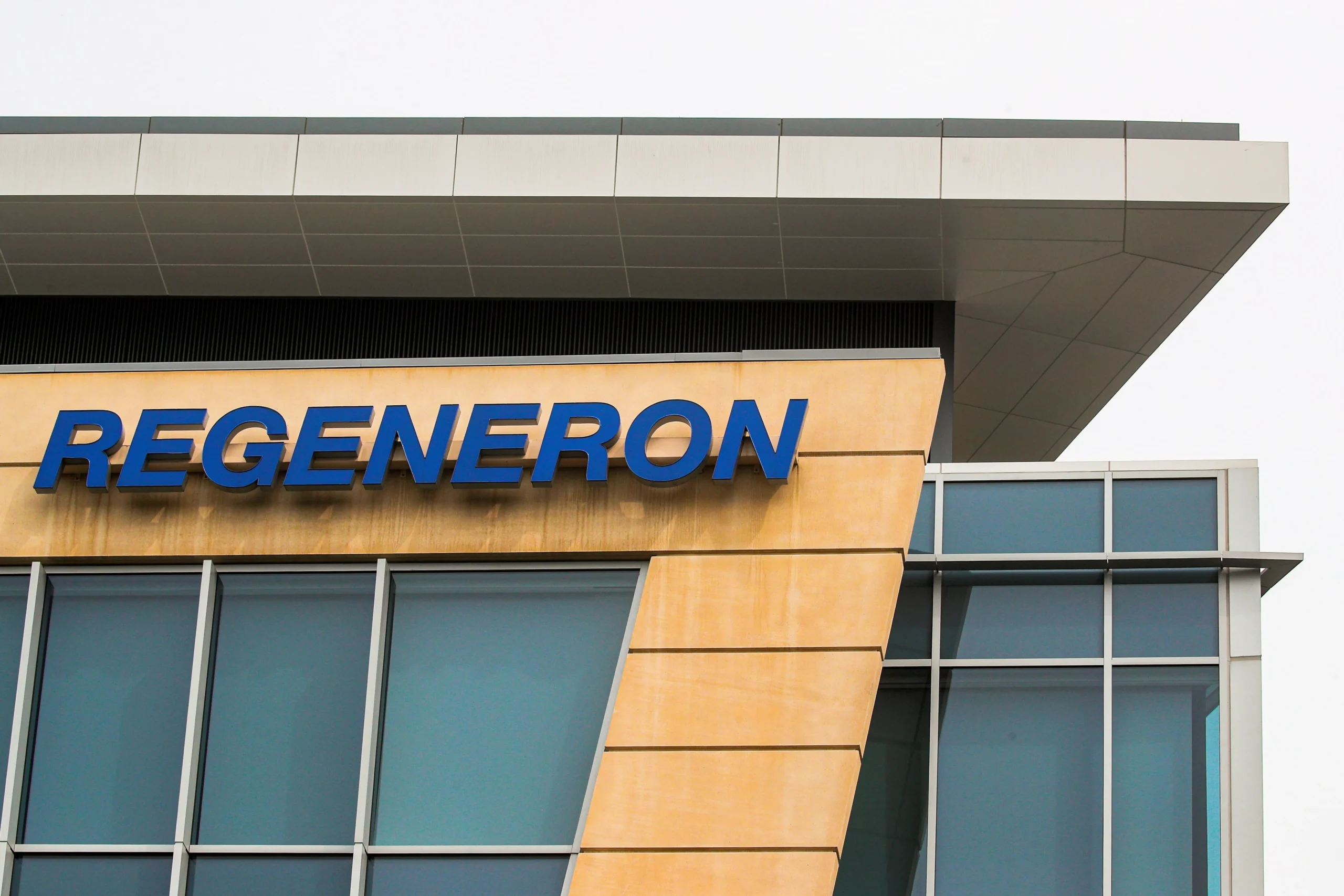In a significant development within the biotechnology landscape, Regeneron Pharmaceuticals, a prominent player in the field of biopharmaceuticals, has announced plans to acquire 23andMe, the troubled DNA testing firm, for a sum of $256 million. This acquisition marks a strategic move by Regeneron to enhance its capabilities in genetic research and explore new avenues for drug development.
23andMe, which had faced considerable financial difficulties leading to its bankruptcy filing, is best known for its personal genetic testing services that allow customers to learn about their ancestry and genetic predisposition to certain health conditions. The company was once celebrated for revolutionizing genetic testing and bringing it into the mainstream. However, a variety of factors, including market competition and regulatory hurdles, led to its decline.
The Context of the Acquisition
Regeneron’s decision to acquire 23andMe reveals the growing importance of genetic insights in the drug development process. As personalized medicine continues to take center stage, integrating genetic information into research has become essential. Regeneron’s portfolio includes several blockbuster drugs, but the company is aware that the future of medicine lies in more tailored therapies that can address individual patient needs.
This acquisition aligns perfectly with Regeneron’s long-term strategy of leveraging innovation to lead the market. The move underscores a broader trend in the industry where pharmaceutical companies are keen to incorporate genetic data into their developmental pipelines. The wealth of genetic data held by 23andMe could provide Regeneron with an invaluable asset, allowing them to discover novel therapeutic targets and allow for better stratification of patients in clinical trials.
What 23andMe Brings to the Table
Founded in 2006, 23andMe has amassed a vast database of genetic information from millions of customers. This large trove of genetic data can enhance Regeneron’s research capabilities significantly. By accessing this treasure trove of information, Regeneron can identify genetic variants associated with various diseases more efficiently and leverage this insight to develop targeted therapies.
Furthermore, 23andMe has moved beyond mere genetic testing; it has expanded into therapeutic development itself, spearheading several clinical trials based on genetic research. The integration of 23andMe into Regeneron’s operations could accelerate these initiatives, providing additional resources and a more streamlined pathway from research to drug development.
Investor Reactions and Market Implications
The announcement of the acquisition was met with enthusiasm from investors, with Regeneron’s stock experiencing an uptick. Analysts believe that the acquisition could provide a new avenue for growth, especially as the demand for personalized medicine continues to rise. Furthermore, Regeneron is positioning itself as a forward-thinking leader in the biotech industry by tapping into the genetic testing market, which continues to be a high-growth area.
However, some analysts have voiced caution regarding the potential challenges that may lie ahead. 23andMe’s transition from a consumer genetic testing company to a pharmaceutical asset must be handled meticulously. Issues regarding data privacy, regulatory scrutiny, and the integration of corporate cultures will all need to be managed effectively to ensure the success of this acquisition.
Regulatory and Ethical Considerations
The acquisition also brings to light critical regulatory and ethical questions surrounding genetic data. The health care industry has been increasingly scrutinized over how genetic information is used, shared, and protected. With Regeneron inheriting a vast database containing sensitive genetic data, they will have to navigate these regulatory waters carefully.
Moreover, the ethical implications of using consumer genetic data for pharmaceutical research cannot be overlooked. 23andMe originally marketed itself as a way for individuals to take control of their genetic information, and many users may feel uneasy about their data being employed in ways they didn’t anticipate. Regeneron must tread lightly to maintain consumer trust and comply with regulations such as HIPAA and GDPR as they integrate these data resources into their research.
The Future of Personalized Medicine
This acquisition reflects a significant shift in the landscape of personalized medicine, where companies are looking to harness genetic data to create more tailored treatment options, thus potentially transforming how diseases are treated. Regeneron’s investment in 23andMe’s assets indicates a clear recognition of the power that genetics holds in personalizing healthcare.
With the backing of Regeneron’s robust research and development machinery, the future holds immense promise for innovations that could emerge from this union. Diseases that were once considered difficult to treat may find new therapeutic pathways, thereby improving patient outcomes and ultimately revolutionizing treatment protocols.
Conclusion: A Bold Move in the Biotech Industry
Regeneron’s acquisition of 23andMe is more than just a financial transaction; it’s a pivotal moment in the biotechnology landscape that could set new standards for how genetic data is integrated into drug discovery and development. As the boundaries between consumer genetics and pharmaceutical research continue to blur, the potential for groundbreaking discoveries grows exponentially.
As the world awaits the developments that will arise from this strategic acquisition, one thing is clear: the future of medicine is here, and it is rooted in genetics. This merger could pave the way for advancements that transform personalized healthcare not just for the United States, but for the entire globe.







